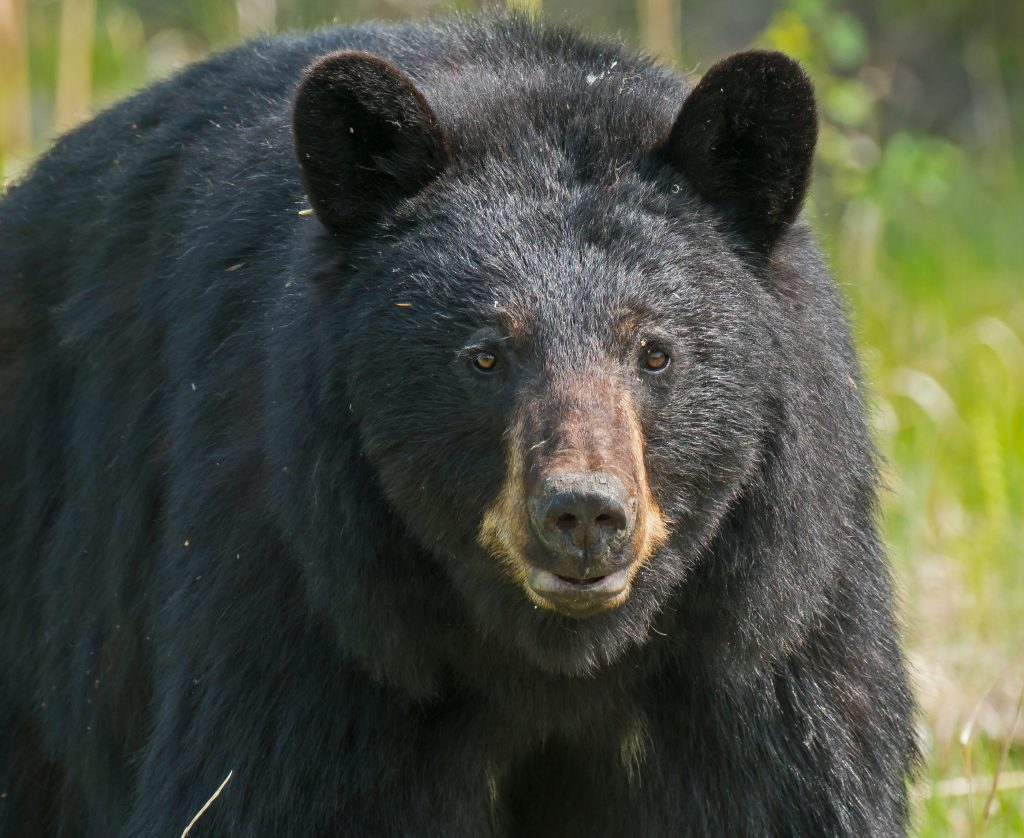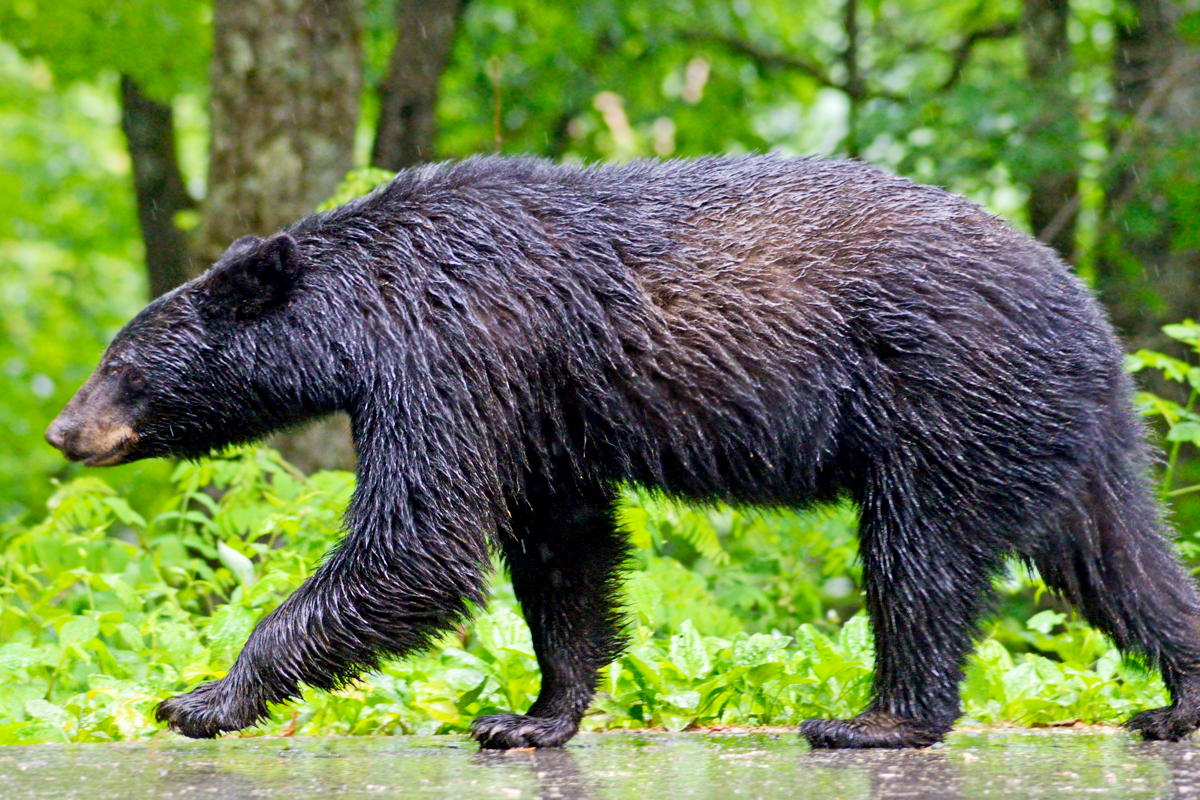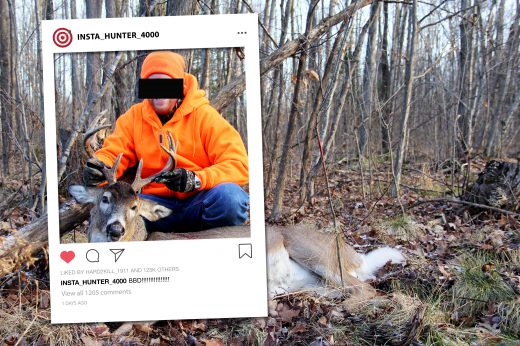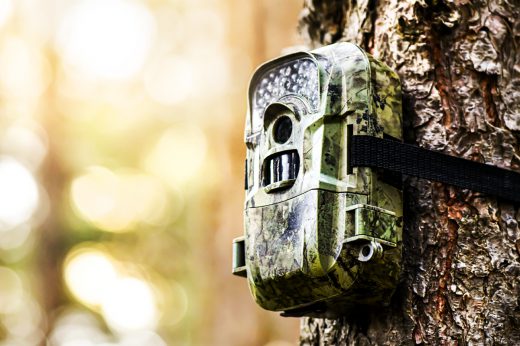Some say there is no evidence of a slow erosion of hunting in the United States. I’ve heard that sentiment on several occasions — from hunters. But if you look state-by-state, you can see how a thousand tiny cuts add up to reduced hunting opportunities. The recent debacle over the 2022 spring bear hunting season in the state of Washington is a prime example.
In the 1990s, the Humane Society of The United States (HSUS) worked tirelessly to ban bear baiting and hound hunting in Washington. They won. Now they’re looking at the state’s spring bear season. They’ve managed to get the 2022 season canceled, and might be close to getting it shut down for good.
State biologists proposed relatively benign spring bear-hunting rule changes earlier this year. They requested lowering the quota in certain areas and a change in season length.
“Per the proposed rule for the 2022 spring season, [the Washington Department of Fish & Wildlife] would have provided roughly 664 spring bear permits, with agency staff estimating hunters would have killed 145 black bears,” reported the Spokesman-Review.
When public comments on the rule change opened up, HSUS called on its members to show up and speak out. The state wildlife commission was flooded with inane criticisms of the bear season, including the notion that the season is “immoral, as bears tend to be lethargic and underfed when they emerge from their winter dens.”
Last Friday, those against the state’s bear hunting season earned a preliminary victory. The commission held a daytime Zoom meeting — slap bang in the middle of the state’s second deer hunting season of the year. Commissioners questioned the very science their state biologists produced. When a vote was called, the commission was split 4-4 on the regulation changes, effectively canceling the 2022 spring bear hunt.
How did this happen, and so fast?
Since the spring bear hunt is a special permit hunt, any proposed change requires a majority vote to be put into effect. By the agency’s bylaws, a tied vote didn’t mean reverting to the old regs but that the special permit season is completely canceled — a drastic step that surprised many.
The four commissioners who voted against the regulation changes included the chairman and vice chairwoman and the two newest, most controversial commissioners: Fred Koontz and Lorna Smith, both of whom were appointed by Gov. Jay Inslee. Neither are hunters.
Smith called the bear population models old-fashioned, even though the state’s Carnivore Section Manager said it was the best available science they had to determine quotas. The director of the agency, Kelly Susewind, said the science is clear, and that the hunt does not impair or cause concern for Washington’s black bear population.

That best science shows the 2022 season would result in 145 bears killed, from a population of 25,000-30,000. That’s a 0.58% harvest.
Why would four commissioners go against the science that states like Washington regularly employ to manage wildlife resources?
Politics.
What’s worse is that the hung vote was possible because the anti-hunting governor has refused to fill a year-long vacant commission seat from eastern Washington — a rural part of the state that historically seats a commissioner who understands and supports science and hunting.
Read Next: Numb Decisions – An Essay on Climbing








Comments